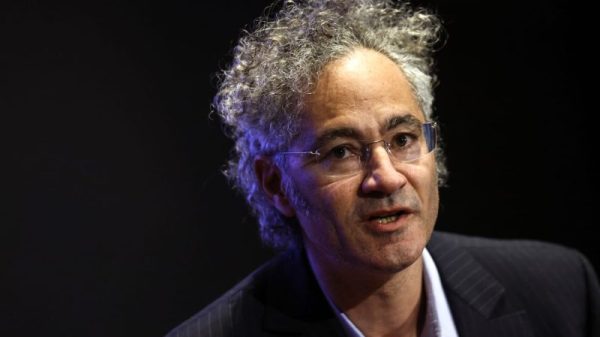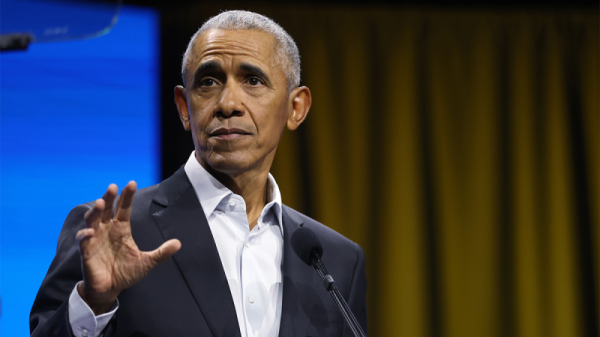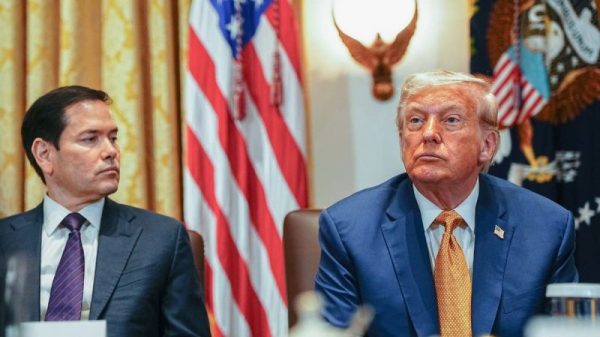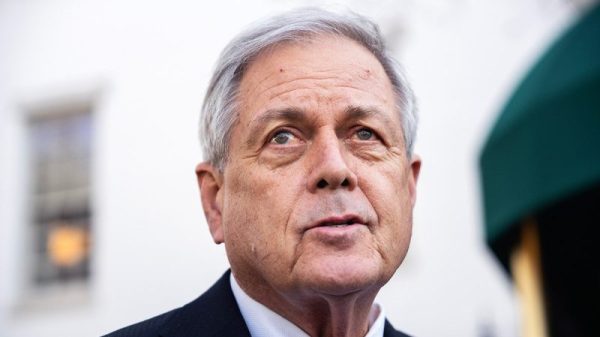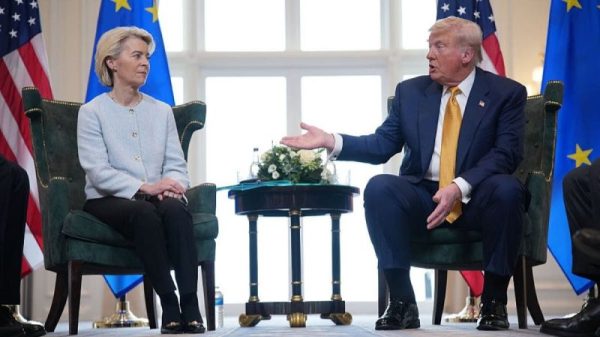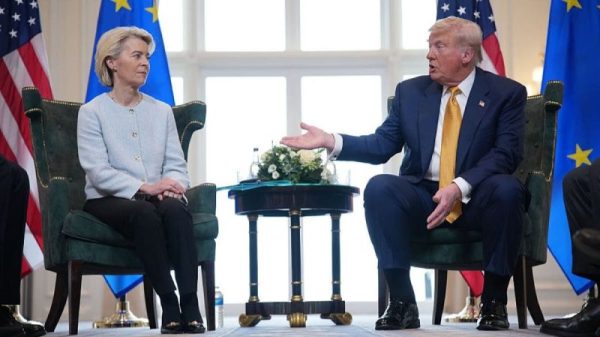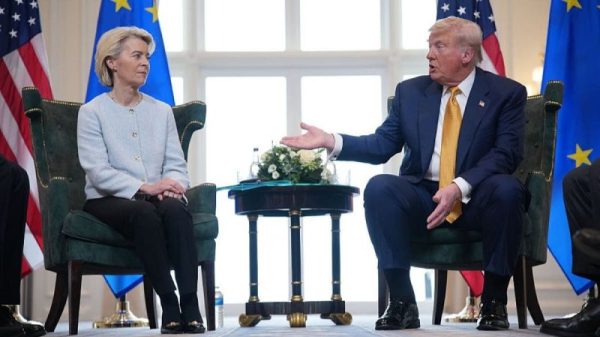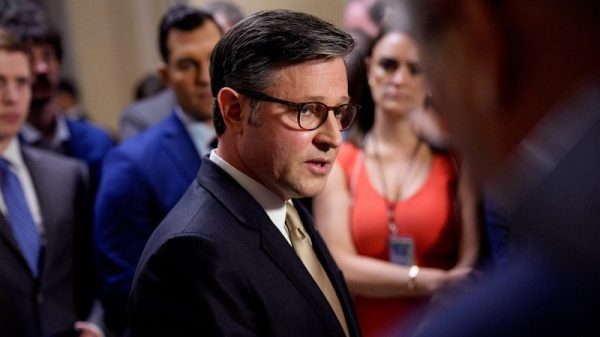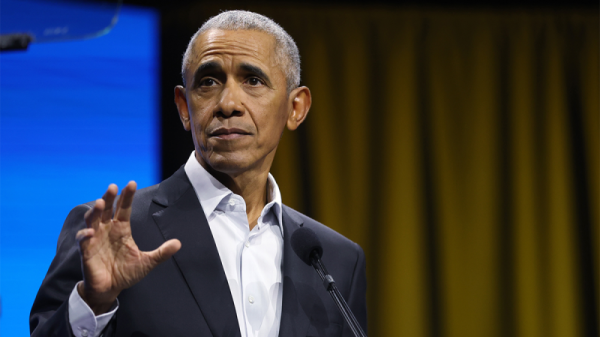The world agreed to a new climate deal in Dubai on Wednesday at the COP28 summit after two weeks of painstaking talks, making an unprecedented call to transition away from fossil fuels, but using vague language that could allow some countries to take minimal action.
The gavel went down on the agreement, known as the Global Stocktake, in the morning after the talks were pushed into overtime by marathon negotiations between countries bitterly divided over the future role for oil, gas and coal.
COP28 President Sultan Al Jaber called the agreement “historic” in his speech before national delegates at the final session approving the agreement. “We have language on fossil fuels in our final agreement for the first time ever,” he said, adding that the deal represented “a paradigm shift that has the potential to redefine our economies.”
Some countries claimed the deal signalled the end of the fossil fuel era, but more ambitious nations and climate advocates said it was still far from sufficient to reflect the growing urgency of the climate crisis.
“At long last the loud calls to end fossil fuels have landed on paper in black and white at this COP,” said Jean Su, the energy justice director at the Center for Biological Diversity, “but cavernous loopholes threaten to undermine this breakthrough moment.”
The agreement falls short of requiring the world to “phase-out” oil, coal and gas — which more than 100 countries and many climate groups had been calling for, language which was included in an earlier version of the draft.
Instead, the agreement “calls on” countries to “contribute” to global efforts to reduce carbon pollution in ways they see fit, offering several options, one of which is “transitioning away from fossil fuels in energy systems … accelerating action in this critical decade, so as to achieve net zero by 2050.”
COP28 has taken place at the end of a year defined by unprecedented global heat, which has driven deadly extreme weather, including record wildfires, deadly heat waves and catastrophic floods. This year is officially the hottest on record, due to a combination of human-caused global warming and El Niño, and next year is set to be hotter still.
The conference in Dubai has been marred by controversy and criticism that oil interests were influencing the talks.
The conference also saw deep divisions, with Saudi Arabia leading a group of oil-producing nations rejecting language on phasing out fossil fuels. On the other side, more ambitious parties, including the European Union and a group of island states, expressed anger over a previous draft with watered-down language on fossil fuels.
Nonetheless, many Western nations involved in the talks are viewing the deal as a success and a vindication of multilateralism.
“All of us can find a paragraph or sentences, or sections, where we would have said it differently,” said US climate envoy John Kerry after the deal was agreed. But, he added, “to have as strong a document as has been put together, I find is cause for optimism, cause for gratitude and cause for some significant congratulations to everybody here.”
He added that the agreement was “much stronger and clearer as a call on 1.5 than we have ever heard,” referring to the internally-agreed ambition to restrict global heating to 1.5 degrees Celsius above pre-industrial levels, a threshold beyond which scientists say humans and ecosystems will struggle to adapt.
Deal gives fossil fuel industry ‘escape routes’
Several parties expressed disappointment and concerns over how quickly Al Jaber struck his gavel and adopted the draft deal. Typically countries voice their support or objections and agreement follows a debate.
“It seems that you gavelled the decisions and the small island developing states were not in the room,” Anne Rasmussen, the lead negotiator for the Alliance of Small Island States (AOSIS), said to Al Jaber once they entered the room.
AOSIS, an intergovernmental organization of countries disproportionately at risk from the climate crisis, is one of the most powerful voices at the annual climate talks.
AOSIS was “exceptionally concerned” about the agreement, Rasmussen added. While the text contains “many good elements,” she said, “the course correction that is needed has not yet been secured.”
“It is not enough for us to reference the science and then make agreements that ignore what the science is telling us we need to do,” she said in her speech which was met with a standing ovation from delegates.
Many climate experts, while cautiously welcoming the reference to fossil fuels in the agreement, point to serious weaknesses, including leaving the door open for fossil fuel expansion to continue.
Harjeet Singh, the head of global political strategy at nonprofit Climate Action Network International, said “after decades of evasion, COP28 finally cast a glaring spotlight on the real culprits of the climate crisis: fossil fuels. A long-overdue direction to move away from coal, oil, and gas has been set.”
But, he added, “the resolution is marred by loopholes that offer the fossil fuel industry numerous escape routes, relying on unproven, unsafe technologies.”
His reference is to the controversial technology known as carbon capture and storage — a set of techniques being developed to pull carbon pollution from polluting facilities such as power plants and from the air, and store it underground. The agreement calls for an acceleration of the technology.
Many scientists have expressed concern that carbon capture is unproven at scale, a distraction from policies to cut fossil fuel use and too expensive.
Some countries and experts have also expressed concern about the agreement’s recognition of a role for “transitional fuels” in the energy transition — largely interpreted to mean natural gas, a planet-heating fossil fuel.
“We want to raise the alarm that transition fuel will become permanent especially in developing countries,” said an Antigua and Barbuda delegate.






